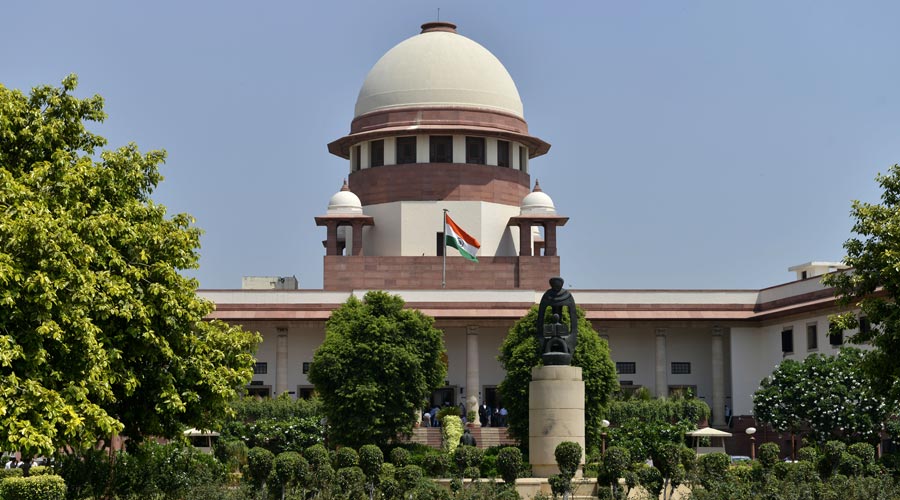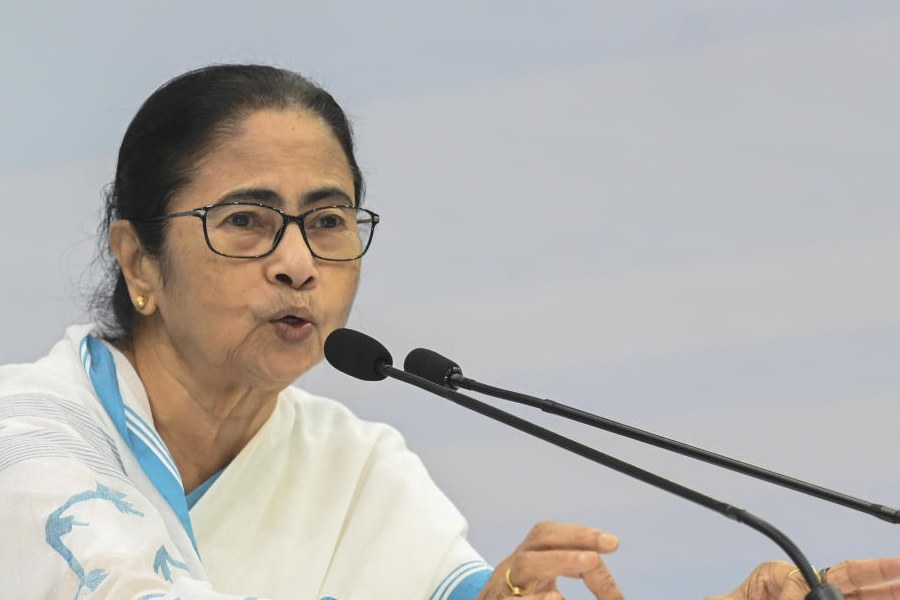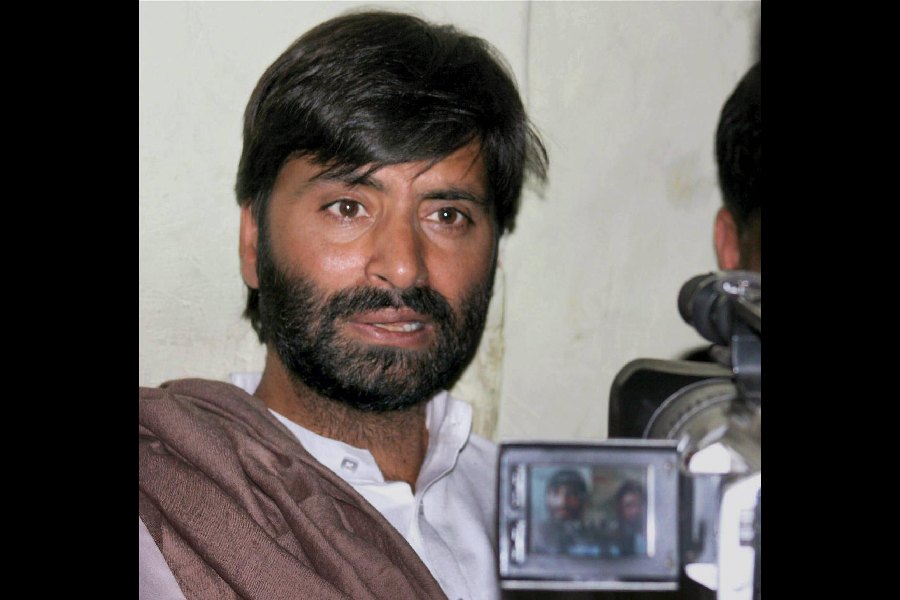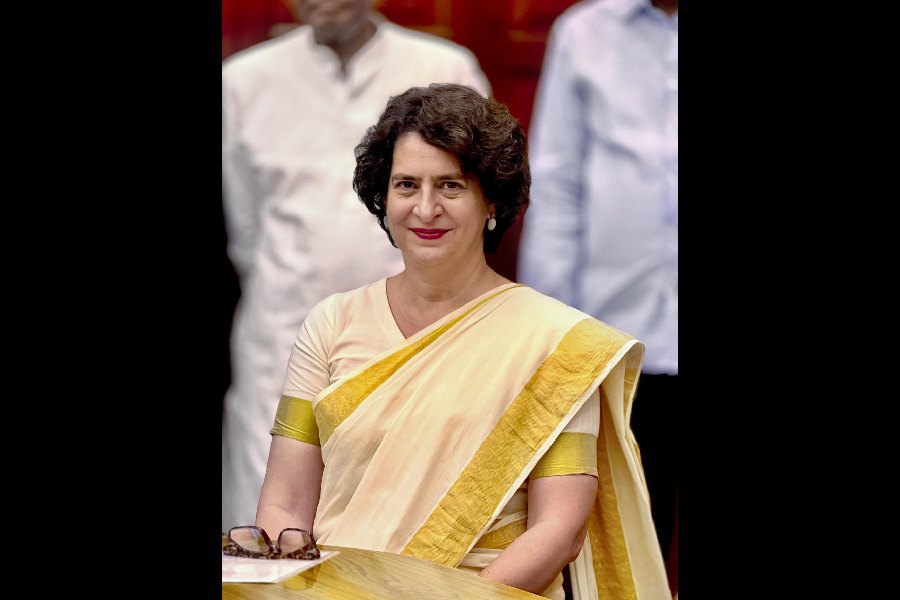The CBI on Wednesday informed the Supreme Court that “no criminality” had been found during the detailed investigations into the Niira Radia tapes.
The Radia tapes had conversations between the corporate lobbyist and businessmen, politicians, bureaucrats, journalists and other influential persons that the income tax department had recorded in 2008-2009 and got leaked later.
“No criminality has been found during our investigations. We have placed a sealed-cover report before this court which contains the outcome of the investigations,” additional solicitor-general Aishwarya Bhati, appearing for the CBI, told the Supreme Court.
Taking note of the submission, a three-judge bench headed by Justice D.Y. Chandrachud directed the CBI to file an updated status report.
Bhati on Wednesday told the bench, which also had Justices P.S. Narasimha and Hima Kohli, that the petition filed by industrialist Ratan Tata seeking protection of the right to privacy in view of the emergence of the Radia tapes may be disposed of in light of the right-to-privacy judgment of the apex court.
Bhati said now there were phone-tapping guidelines to be followed by the authorities in the wake of the nine-judge bench ruling of the Supreme Court in the Justice Puttaswamy case upholding the right to privacy as part of citizens’ fundamental rights.
Bhati told the court that the CBI conducted 14 preliminary enquiries relating to the contents of the 5,800-odd Radia tapes to probe possible offence but they did not indicate any criminality. She said there was no evidence to back up the claims of an unholy nexus between Radia and influential people.
Tata had filed the petition in 2013 seeking guidelines to prevent leak of private conversations of citizens, arguing it amounted to violation of the right to privacy.
The court on Wednesday directed Tata to inform it whether anything survived in terms of the prayers made in his petition.










